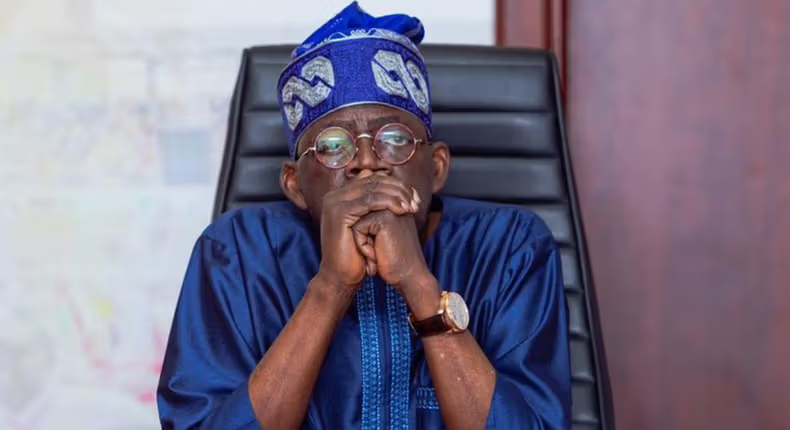Nigeria’s debt profile has sharply increased over recent years, reflecting ongoing economic challenges. As of March 2024, the total public debt stock reached ₦121.67 trillion ($91.46 billion), a significant rise from ₦12.12 trillion ($63 billion) in 2015. This increase has been driven by persistent budget deficits, revenue shortfalls, and the need for critical infrastructure financing.
External debt constitutes about 40% of the total debt, including loans from multilateral institutions, bilateral lenders, and private creditors. The growing reliance on private creditors, who offer non-concessional loans with high interest rates and shorter repayment periods, has led to ballooning debt servicing costs. These costs now consume over 90% of Nigeria’s revenue, raising serious concerns among economists and policymakers.
The debt crisis threatens Nigeria’s ability to finance essential services such as health, education, and social welfare, exacerbating economic hardships for the Nigerian people. In response, civil society organizations like Christian Aid Nigeria are advocating for better debt management and strategic planning.
Christian Aid Country Director Temitope Fashola emphasized the urgency of addressing Nigeria’s debt crisis and avoiding excessive borrowing that could further impact ordinary Nigerians. He pointed out that while the situation is challenging, it is not insurmountable if managed effectively.
Ngochukwu Munachi, Gender Justice Lead at Christian Aid Nigeria, highlighted that the crisis is not just about the volume of debt but also the nature of the loans, which are non-concessional with high interest rates and short maturity periods. He noted that the growing share of debt owed to private creditors exacerbates the situation and limits Nigeria’s ability to invest in crucial social sectors.
Munachi also criticized the lack of transparency in agreements with private creditors, who often do not participate in debt restructuring opportunities, leaving Nigeria in a vulnerable position. Christian Aid Nigeria is working to raise awareness and mobilize civil society to advocate for effective policy responses to the debt crisis.

